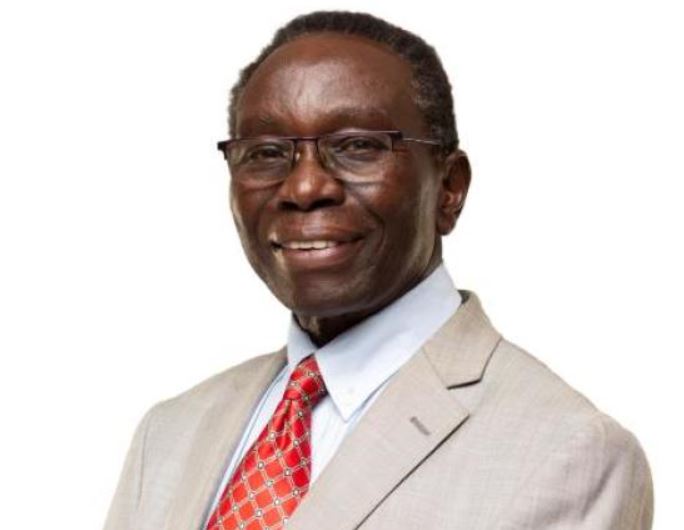×
The Standard e-Paper
Kenya’s Boldest Voice

Until recently, only a select few could put a face to the name of billionaire investor John Kibunga Kimani.
But when human rights abuse allegations rocked Nairobi Securities Exchange-listed Kakuzi, where he is the second-largest shareholder with a 32.2 per cent stake, curiosity about the man behind the name rose.